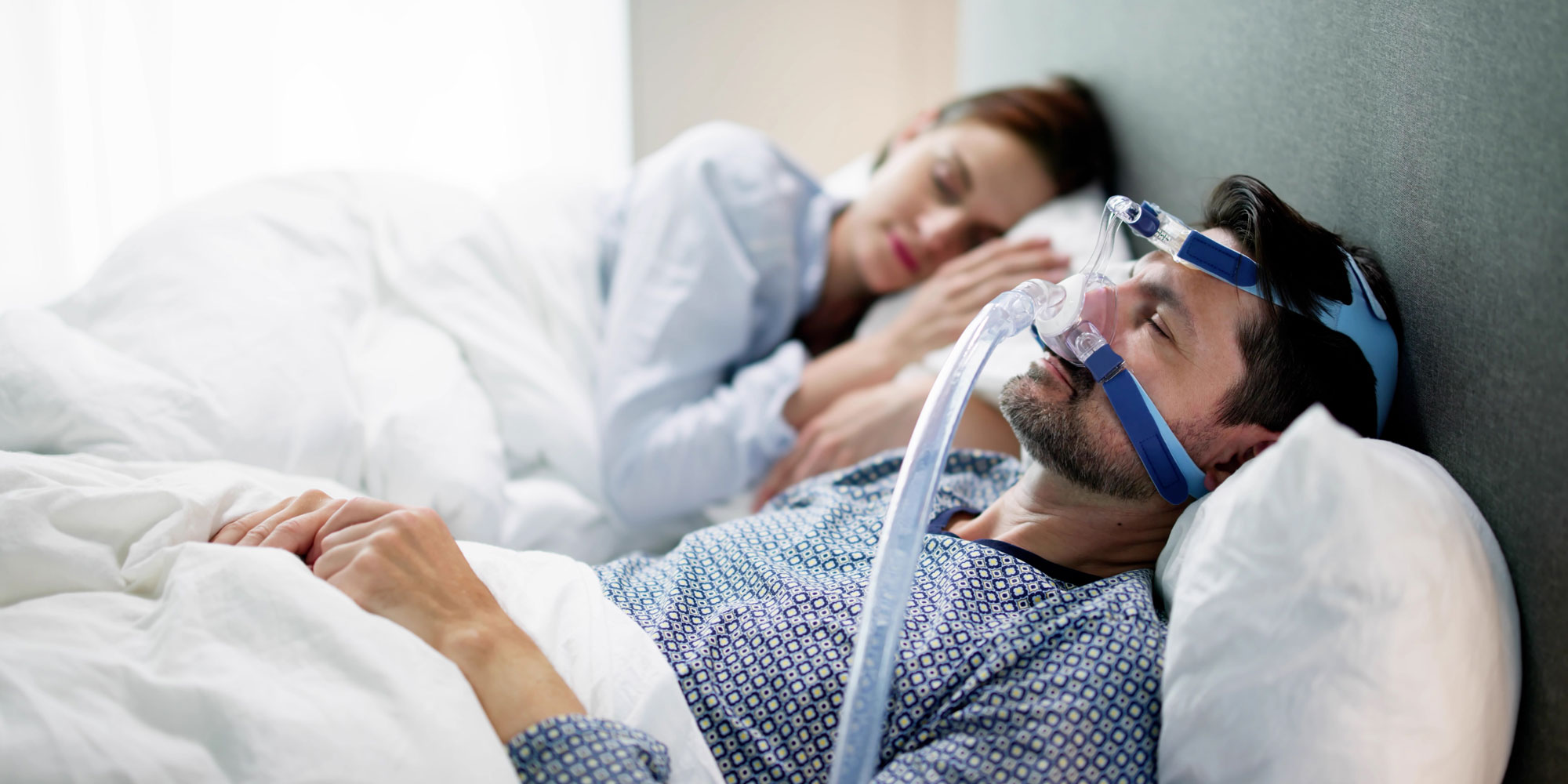Leave Your Fear at the Door
At Champagne Smiles, we understand how not sleeping can cause various problems, creating long-lasting and even dangerous health issues. Sleep apnea, a disorder that causes people to stop breathing for a short amount of time during sleep, can create many complications for those dealing with it.
From daytime fatigue to high blood pressure, sleep apnea deprives your body and brain of oxygen and can lead to many unwanted issues. We offer different sleep apnea treatments at our practice in Morganville, NJ, such as non-surgical treatments and oral appliances. Although sleep apnea can affect one’s health and overall well-being, we are happy to offer different treatments tailored to you and your specific needs.
What is Sleep Apnea?
Sleep apnea is a disorder where breathing is interrupted repeatedly during sleep. Sleep apnea is prevalent and is usually characterized by loud snoring. Obstructive sleep apnea is caused by conditions that block airflow through your upper airways during sleep.
For example, your tongue may fall backward and block your airway. Your age, family history, lifestyle habits, other medical conditions, and other features can raise your risk of sleep apnea.
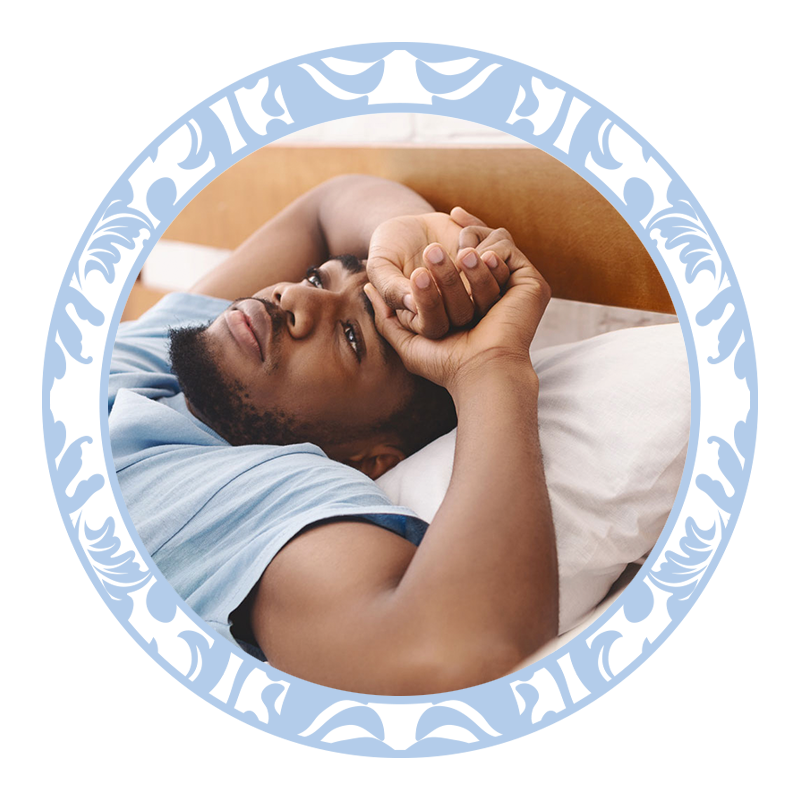
Tailored Treatments for Sleep Apnea
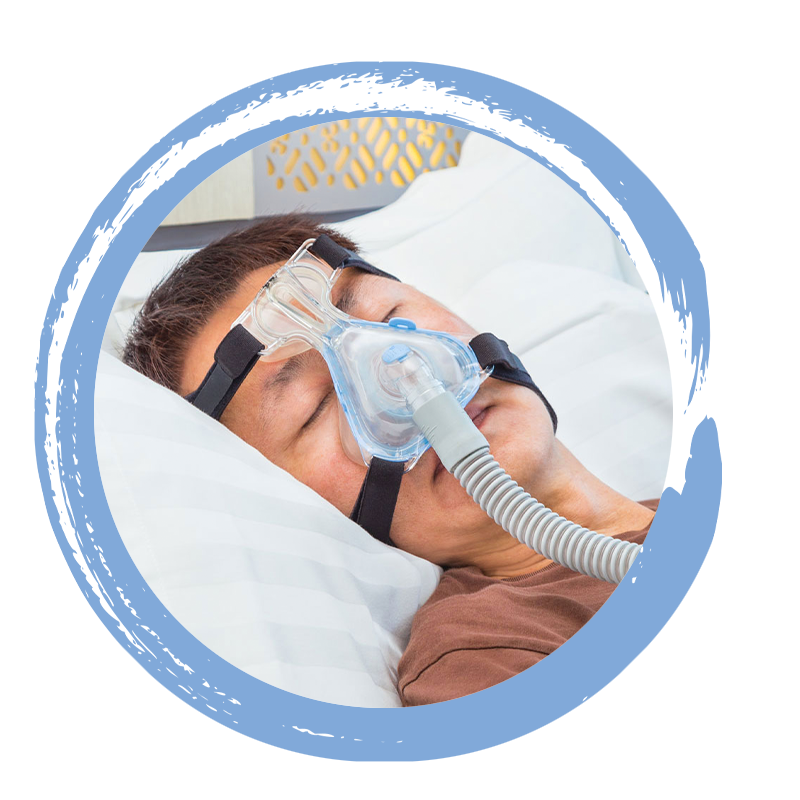
Non-Surgical Treatments
There are many different types of non-surgical treatments for sleep apnea. Depending on your situation, weight-loss programs, Continuous positive airway pressure (CPAP) machines, and even an oral appliance for sleep apnea are excellent treatment options. Losing weight can help reduce sleep apnea symptoms for those with obstructive sleep apnea.
A CPAP machine is a device that sends a steady stream of pressurized air into your nose or mouth with the help of a mask. Oral appliances, such as mouthguards, are also great treatment options for sleep apnea as they help keep the airway open during sleep.
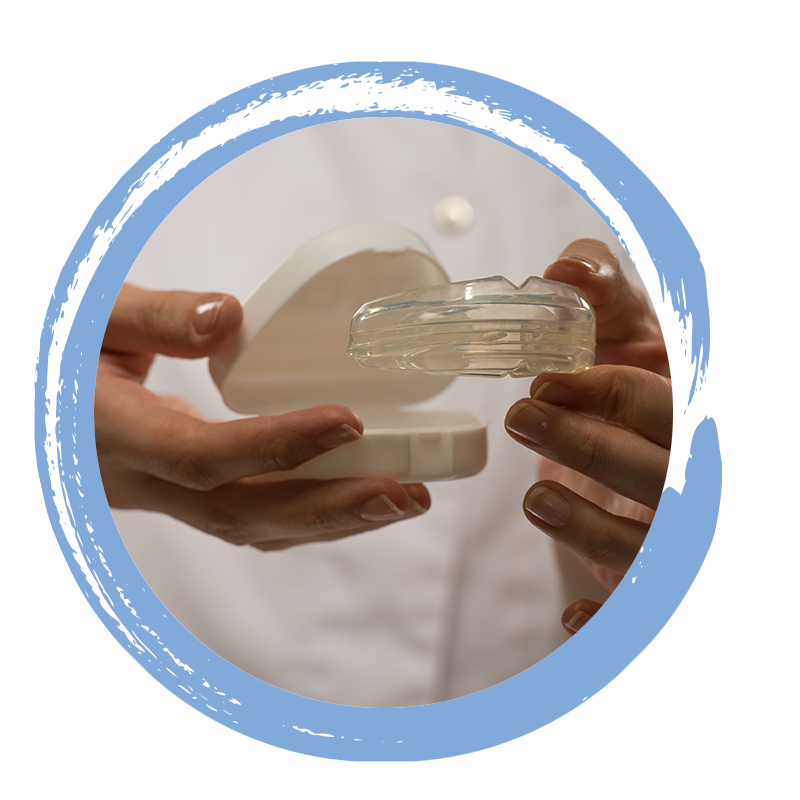
Oral Appliances
Oral appliances like mouthguards are a great sleep apnea treatment option for people with mild to moderate obstructive sleep apnea. Different mouthguards are tailored to your needs, whether you need a mouthguard that prevents your tongue from falling back or blocking the airway.
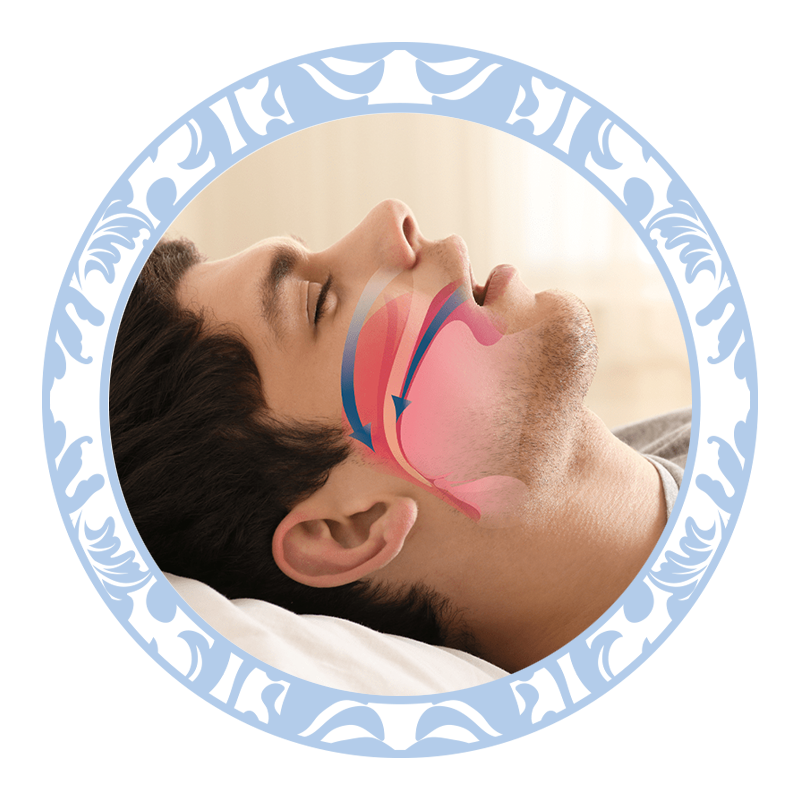
The Dangers of Untreated Sleep Apnea
If left untreated, sleep apnea can have severe consequences for both short-term well-being and long-term health. The condition, characterized by pauses in breathing during sleep, disrupts the normal sleep cycle, leading to persistent fatigue, daytime sleepiness, and difficulty concentrating. Beyond the immediate impact on daily life, untreated sleep apnea is associated with an increased risk of cardiovascular issues, such as hypertension, heart disease, and strokes.
It can also contribute to complications such as diabetes and worsen existing conditions like asthma. Untreated sleep apnea can affect mental health, leading to mood swings, irritability, and an increased risk of depression. Timely diagnosis and appropriate treatment are crucial to mitigate these potential risks and enhance overall health and well-being.

